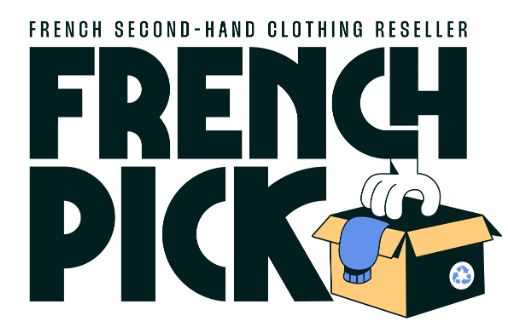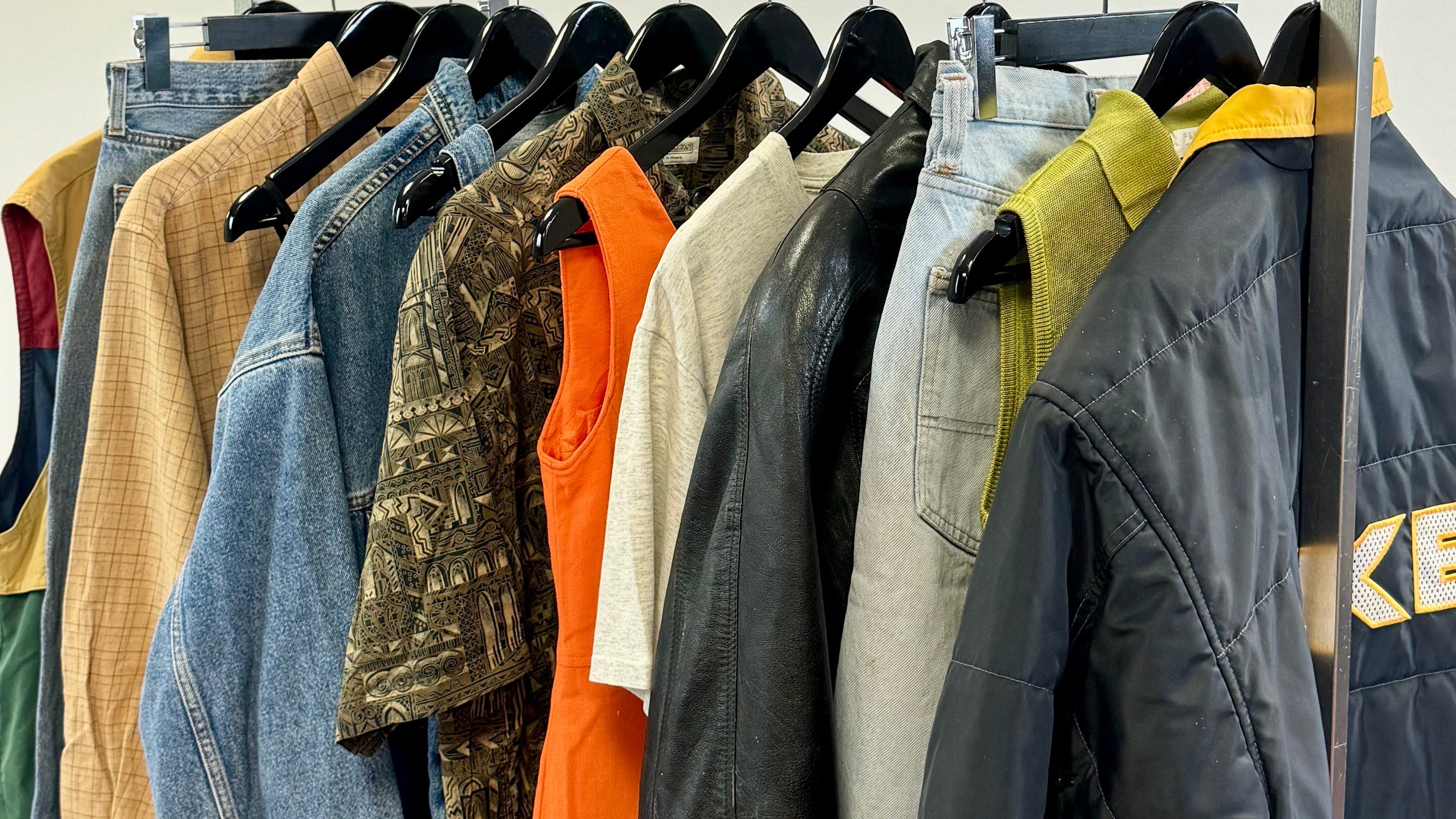For a few years now, second-hand has been a hit. Thrift stores, online sites, flea markets… second-hand clothing is flooding the market, and that’s good news for the planet, right?
But behind this image of ethical consumption lies a much more complex reality.
Every year, thousands of tons of clothing end up in the trash in France, fueling a cycle of ecological waste. The Fast Fashion industry is largely responsible for this: producing more and more, faster and faster, without worrying about the environmental impacts or the working conditions of employees. Second-hand clothing is therefore positioned as an alternative that helps reduce this waste. But be careful, it's not all that simple!
The problem ?
Many thrift stores now only sell American brands like Ralph Lauren, Carhartt, or Tommy Hilfiger. These “vintage” brands attract customers, but is it really ethical?
Not only does this distract from the goal of second-hand – reducing overproduction – but it also contributes to a standardization of the market. All thrift stores look the same and offer the same products. This creates a monocultural offer, which leaves little room for alternative styles or more original pieces. Consequently, customers who are not attracted to these big vintage brands do not really have any alternatives. There is little diversity to attract another clientele, those looking for unique, ethical and responsible clothing, without necessarily being stamped "vintage".
Not only does this distract from the goal of second-hand – reducing overproduction – but it also contributes to a standardization of the market. All thrift stores look the same and offer the same products. This creates a monocultural offer, which leaves little room for alternative styles or more original pieces. Consequently, customers who are not attracted to these big vintage brands do not really have any alternatives. There is little diversity to attract another clientele, those looking for unique, ethical and responsible clothing, without necessarily being stamped "vintage".
And that's not all. Some of the clothing collected in Europe ends up exported to India and other textile-producing countries. There, working conditions in sorting centers are often deplorable. Thousands of workers sort clothes in unsanitary factories, in conditions close to slavery, so that these second-hand items end up... sold at low prices or recycled in poor conditions.
So, you might be thinking: "But it's still better than throwing it away!" Sure, it's better than the trash. But be careful not to fall into the greenwashing trap: selling second-hand pieces to make a profit, while supporting practices that harm the planet and workers. The real challenge is to consume responsibly, by favoring local, quality pieces that have a real positive impact on the environment and working conditions.
Second-hand shop owners, you have a role to play! Don't let second-hand become a new form of mass consumption. By standardizing the offer around the same big brands, you risk losing the very soul of second-hand shopping: originality and ethics. It's time to give meaning back to this sector, by diversifying the offer and attracting a wider, more responsible clientele in search of meaning!






